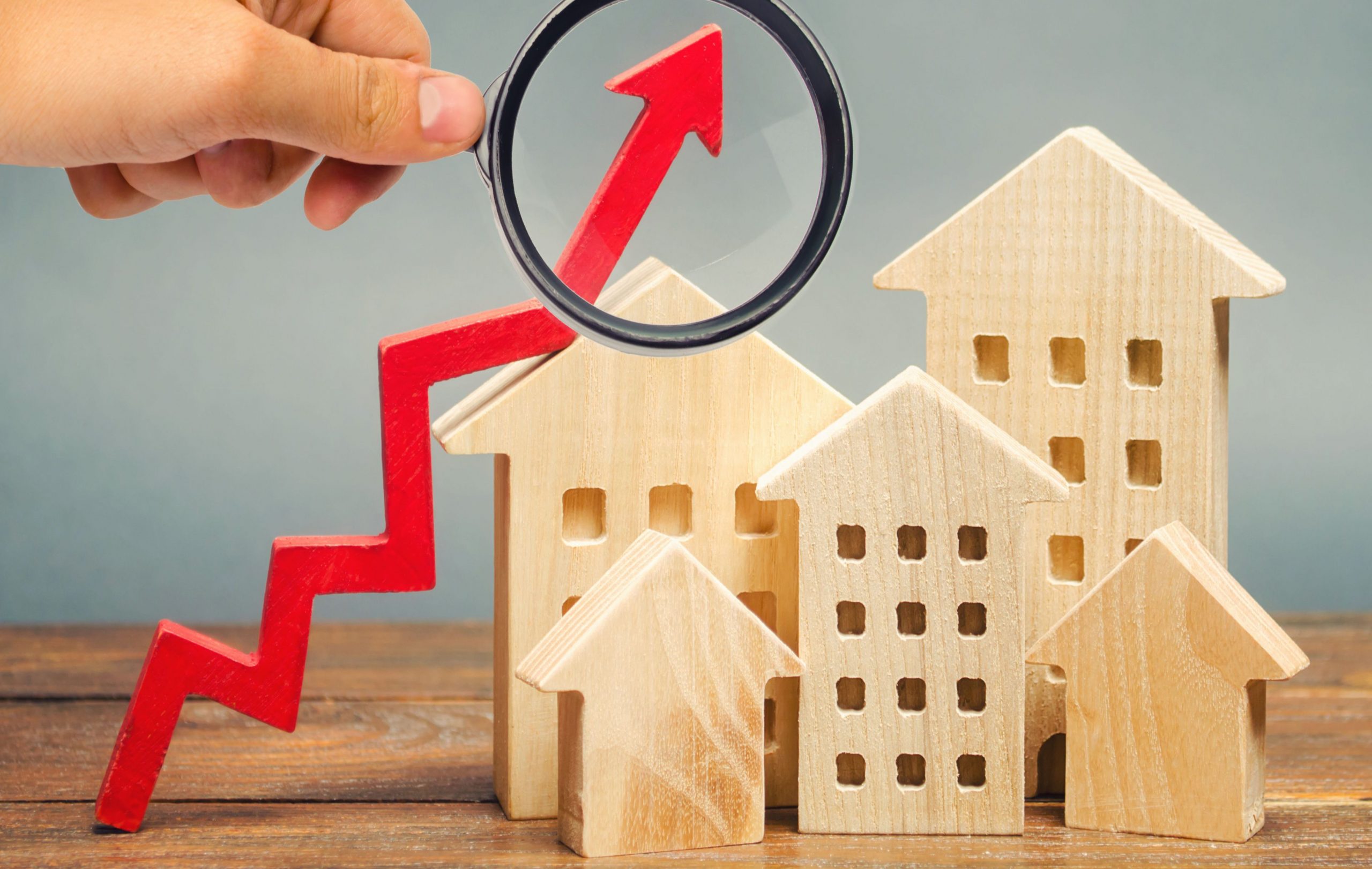
UK Property Prices Continue to Rise
Rightmove has just released the latest House Price Index.
Against a backdrop of interest rate increases and rising inflation, the price of homes in the UK hitting the property market has hit its fourth consecutive record of £367,501. This is a rise of 2.1% monthly, equivalent to £7,400.
Activity levels are strong and actually higher than they were pre-pandemic – but there appear to be signs that this market growth is now easing off.
Stock availability
The most in-demand stock (due to low levels) are 4-bedroom semi-detached houses in Scotland. Across the UK, the number of buyers getting in touch with agents is 14% down year on year but on the whole, it’s still 31% higher than the market levels we saw in 2019.
The number of sales agreed are 12% higher compared to the same period in 2019 and 17% lower from January to May compared to the same period in 2021.
Affordability
When it comes to affordability, Rightmove has reported that the average mortgage repayments are now 11% higher than they were ten years ago and higher than rental payments. This is due to the recent interest rate rises, going up four times although they are still historically low. Rental payments are currently 40% higher than they were ten years ago.
First time buyer affordability
As interest rates continue to rise and are predicted to go up further, Rightmove analysed first-time buyer affordability since 2012. This month, the average monthly mortgage payments of £901 have overtaken the average monthly rental payments of £887. This is based on a buyer taking out a 90% loan-to-value mortgage, at the average two-year fixed interest rate, and looks at a typical first-time-buyer home of two bedrooms or fewer, and the average monthly equivalent rental payments.
Following the Bank of England’s interest rate rises, the average monthly mortgage payment for a first-time-buyer home has risen by 13% since December 2021. This illustrates that ten years of historically low interest rates have compensated for rising house prices in terms of monthly outgoings when repaying a mortgage.
By contrast, rents are currently rising at the fastest pace that Rightmove has ever recorded.
A stabilising market
The housing market is levelling off following the unprecedented demand and price increases since the pandemic. Buyer activity is finally calming down, but the market is still extremely buoyant and people appear to be more confident in selling before buying. We are still seeing high prices achieved and properties going to closing date in a matter of days of going on the market.
Rightmove’s Director of Property Science states:
“People may be wondering why the housing market is seemingly running in the opposite direction to the wider economy at the moment. What the data is showing us right now is that those who have the ability to do so are prioritising their home and moving, and the imbalance between supply and demand is supporting rising prices. Though demand is softening from the heady levels we saw this time last year, the number of buyers enquiring is still significantly higher than during the last ‘normal’ market of 2019, while the number of homes for them to choose from remains more constrained. We anticipate that the effects of the increased cost of living and rising interest rates will filter through to the market later in the year, and a combination of more supply of homes and people weighing up what they can afford will help to moderate the market.”
